
February 16, 2018
Skills of the future: the must haves to build a career in insurtech and fintech
What if the insurtech and fintech worlds were nothing like you had in mind?
4 minutes
Powered by disruptive technologies and higher customer standards, the Insurtech sector is changing fast. Big and smart data literacy are now a must for everyone, from data scientists to pricing, HR, customer services and sales. Artificial intelligence is already revolutionising insurtech and fintech, opening up plenty of opportunities to rethink the business and customer experience. In this new and fast-changing landscape, aspiring AXA employees will need to cultivate a unique set of skills to thrive. Here are the 5 main ones we have identified.
Collaborative working
Know how to work with humans… and non-humans
Working in one’s own bubble is over: the key to success is collaboration. You will become a champion by taking part in hybrid teams that bring together people from all backgrounds and with different sets of skills to solve specific problems. You will also be able to successfully work remotely, and in collaboration with artificial intelligence, robots and smart systems.

Frank Desvignes
AXA Lab Asia (2016-2018)
The best way to compete with new actors is to collaborate in order to get the best of both worlds. The partnership culture is in AXA’s DNA. We proactively collaborate with startups and technology actors (...) to offer relevant customer services.
TOOLKIT
- High Performance Collaboration, a MOOC by Northwestern University on Coursera
- How to manage for collective creativity, a TED Talk by Harvard professor Linda Hill
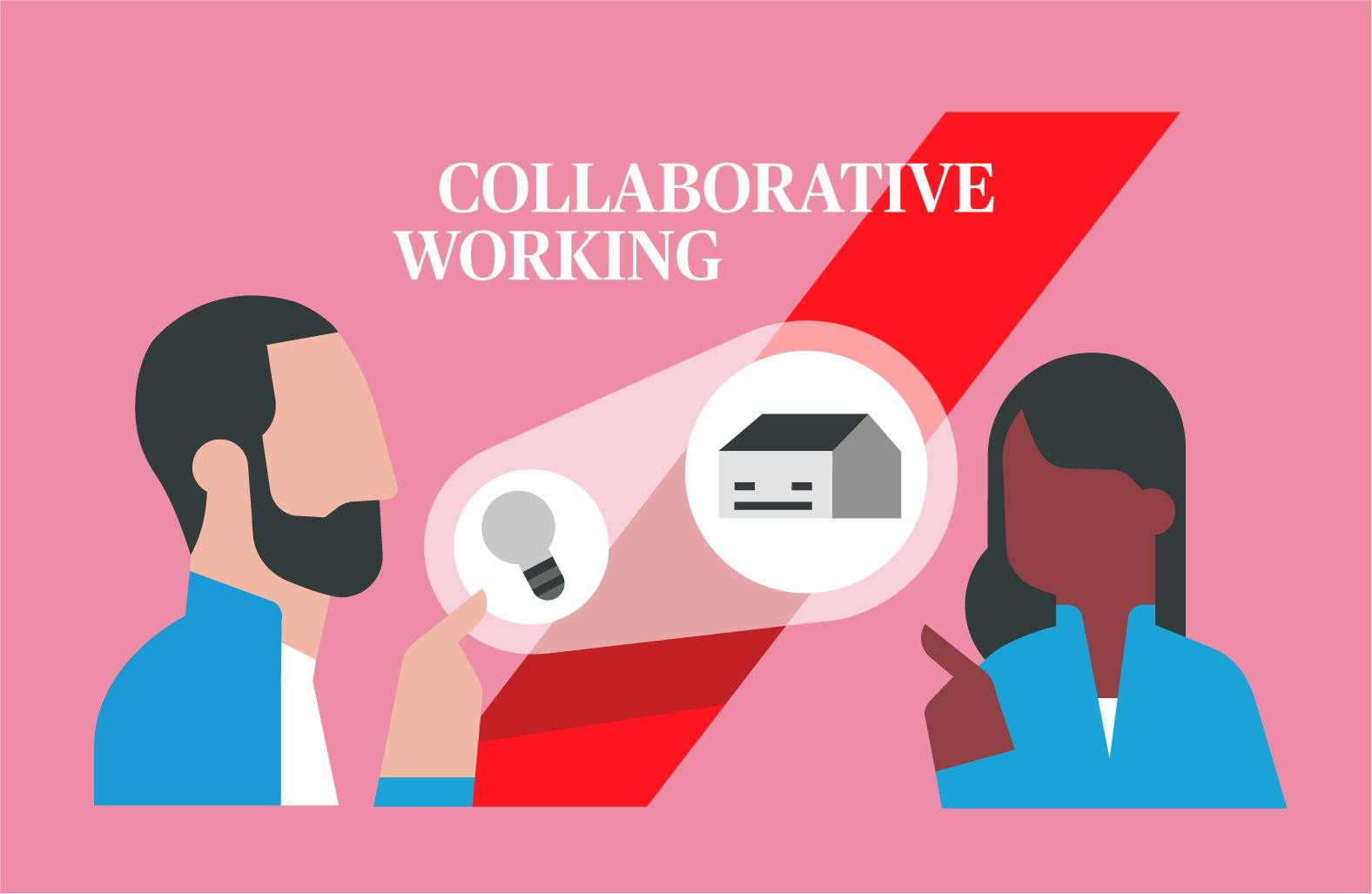
Agility & adaptability
Say goodbye to routine
Careers are no longer set journeys. You will need to be curious, agile and proactive to thrive on your own path. Whether you are your own boss, an inspired intrapreneur, a dedicated team member, this implies a continued commitment to discussing, experimenting and discovering.
Xian Xu
Associate Professor and Director China Insurance and Social Security Research Center, Fudan University
Changing the insurance ecosystem is a necessity: we need to do so by allowing and encouraging innovation within the companies - and it means even sometimes allowing more failures.
TOOLKIT
- You can innovate: User Innovation and Entrepreneurship, a MOOC by MIT on edX
- The surprising habits of original thinkers, a TED Talk by organizational psychologist Adam Grant
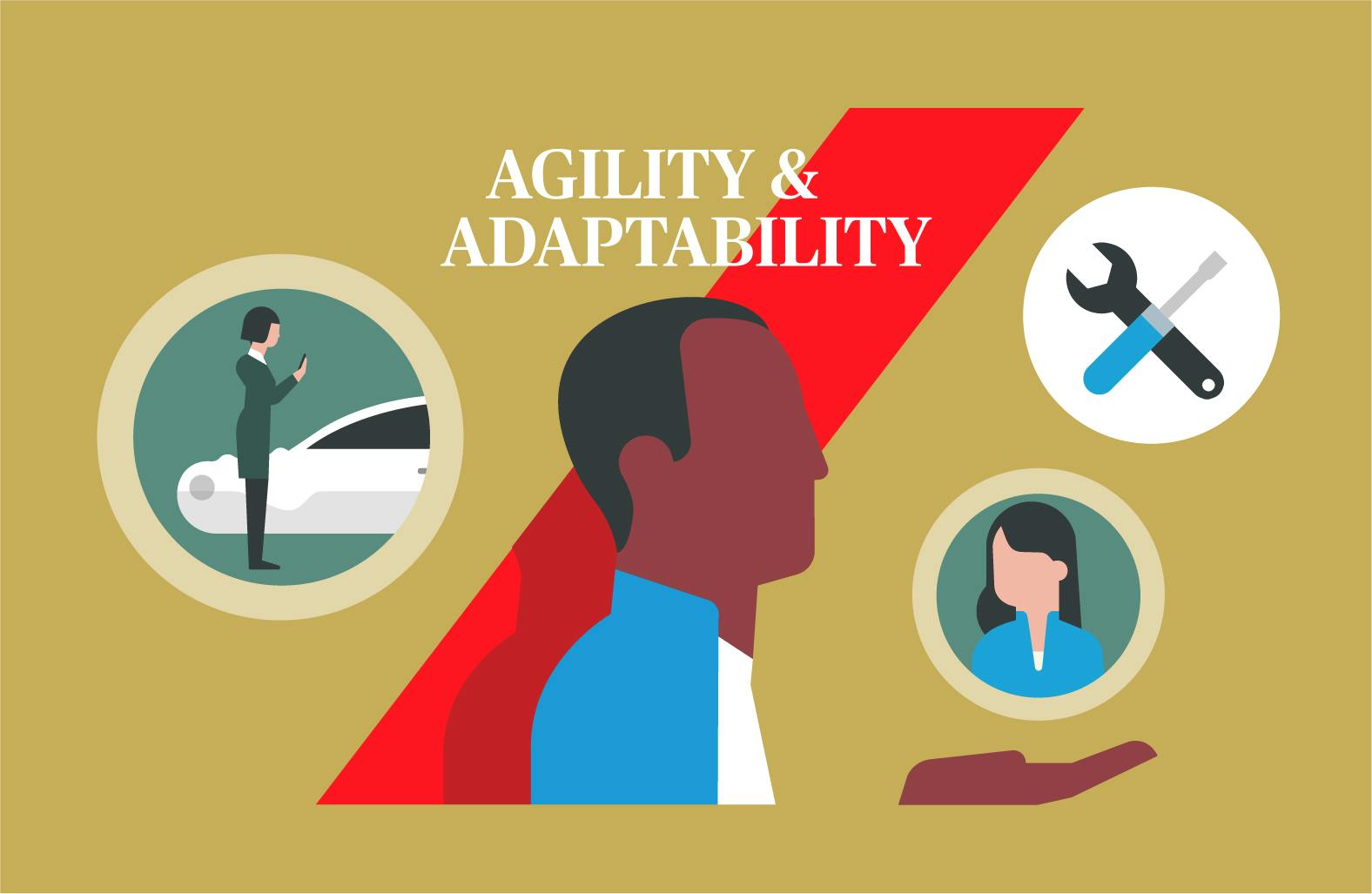
Smart Data literacy
Know your Data
Do you speak data
? Whether it is small, big or smart, data is at the core of AXA’s business. To draw insights from it, algorithm engineers and data scientists are the usual suspects. But people who know how to tame the data deluge (addressing governance, legal and ethical aspects) will also be ideal candidates in this new world.
Valérie Lavigne
Strategic Workforce Planning Manager, AXA
Data impacts everyone: we need to find ways to build effective and smart databases to better serve our customers, but also adopt a quick and analytical reasoning to make sense of these data flows.
TOOLKIT
- The Complete Beginner's Guide To Big Data In 2017, Forbes Magazine, March 2017.
- Machine Learning, a MOOC by the university of Washington on Coursera
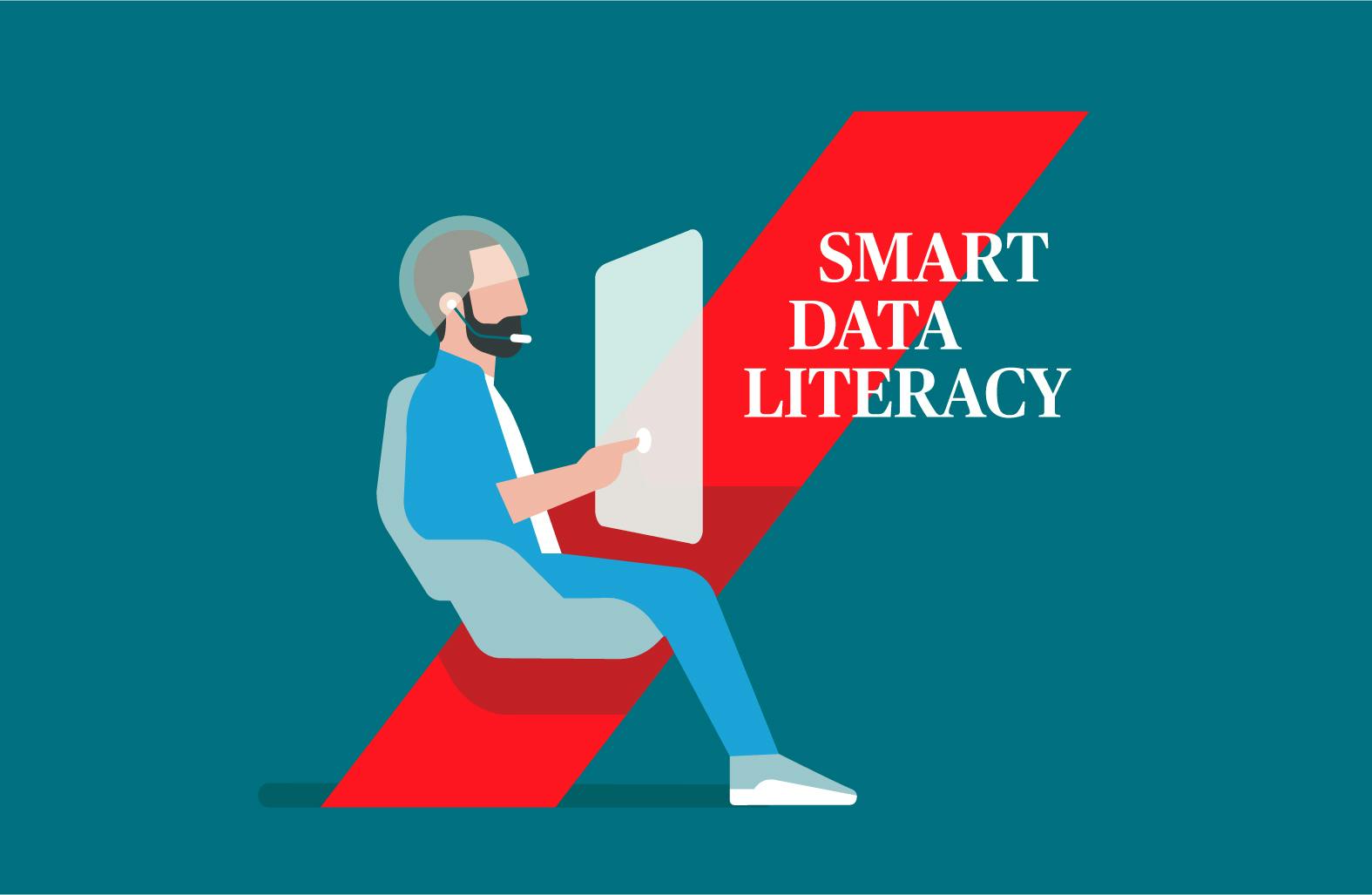
Customer-first product design
Imagine the perfect fit for the customer
Inspired product designers will have to solve a new contradiction: by definition, risks are still shared mutually, but products need to be more personal than ever. You will need to harness the power of technology to invent connected objects and services that are tailor-made to the customers’ needs and habits, while respecting their privacy.
Veeona Lau
Senior Officer, Chief Digital Office, HKU Graduate, AXA
We are selling something that is not tangible, so we need to offer the best experience to our customers: customer centric along the whole process, from selling to processing claims.
TOOLKIT
- Designing and starting up a customer transformation, McKinsey
- Design thinking for innovation, a MOOC on Coursera
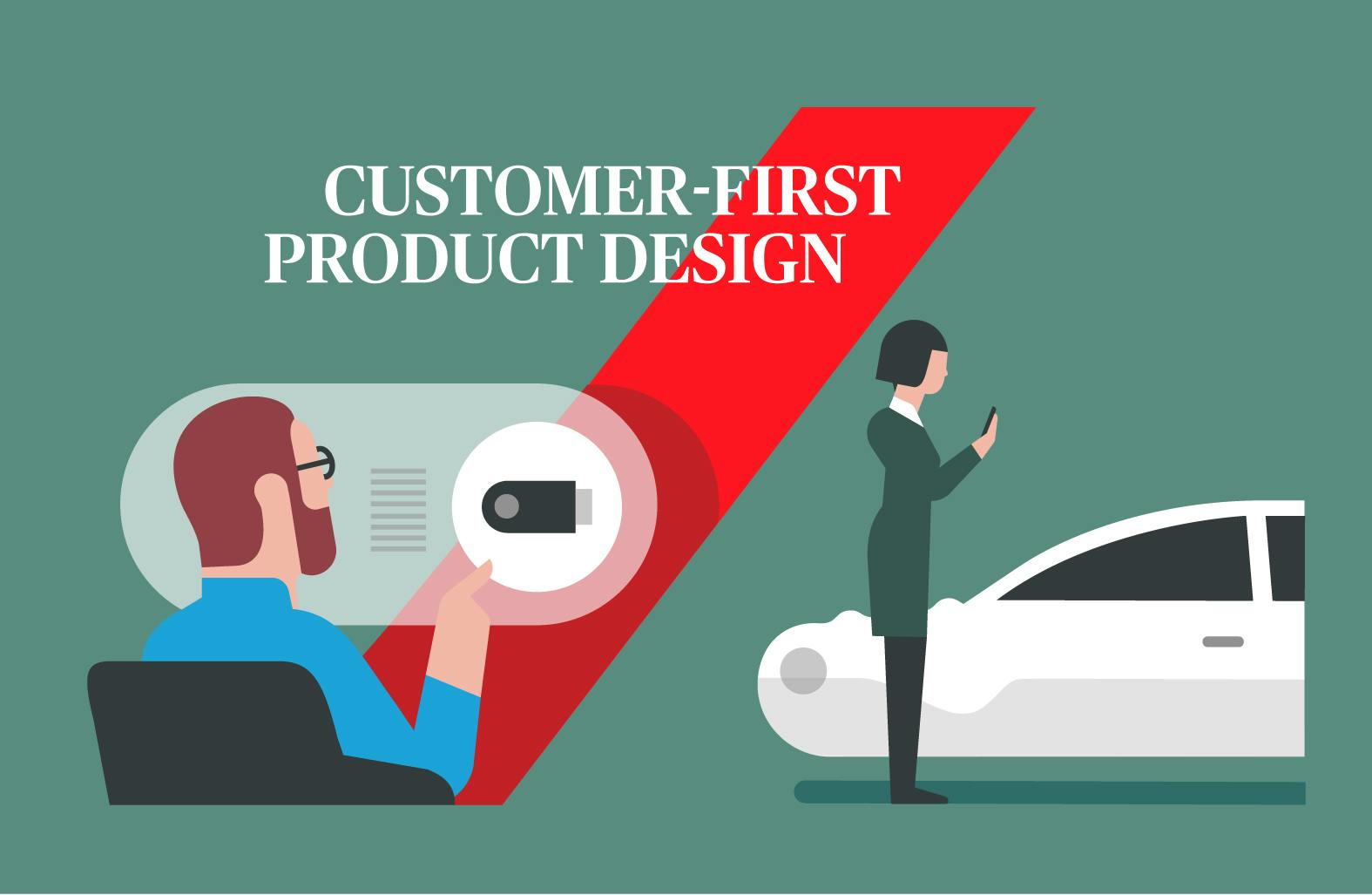
Trust in automation
Become an architect of responsive systems
Technology disrupts business as we know it. In the coming years, you will need to spot the difference between groundbreaking technologies and the mere hype. To make sense of this tech jungle, digital innovators and tinkerers will build trustworthy sensible automated systems.

Frank Desvignes
AXA Lab Asia (2016-2018)
The future lies with creating a new type of solutions, beyond incremental improvements such as chatbots. At AXA, we have started to develop ‘algorithmic’ solutions that rely on technologies such as blockchain and AI.
TOOLKIT
- Blockchain 101, a MOOC by Hudson Jameson on Udemy
- Artificial intelligence, a MOOC by Columbia University on edX
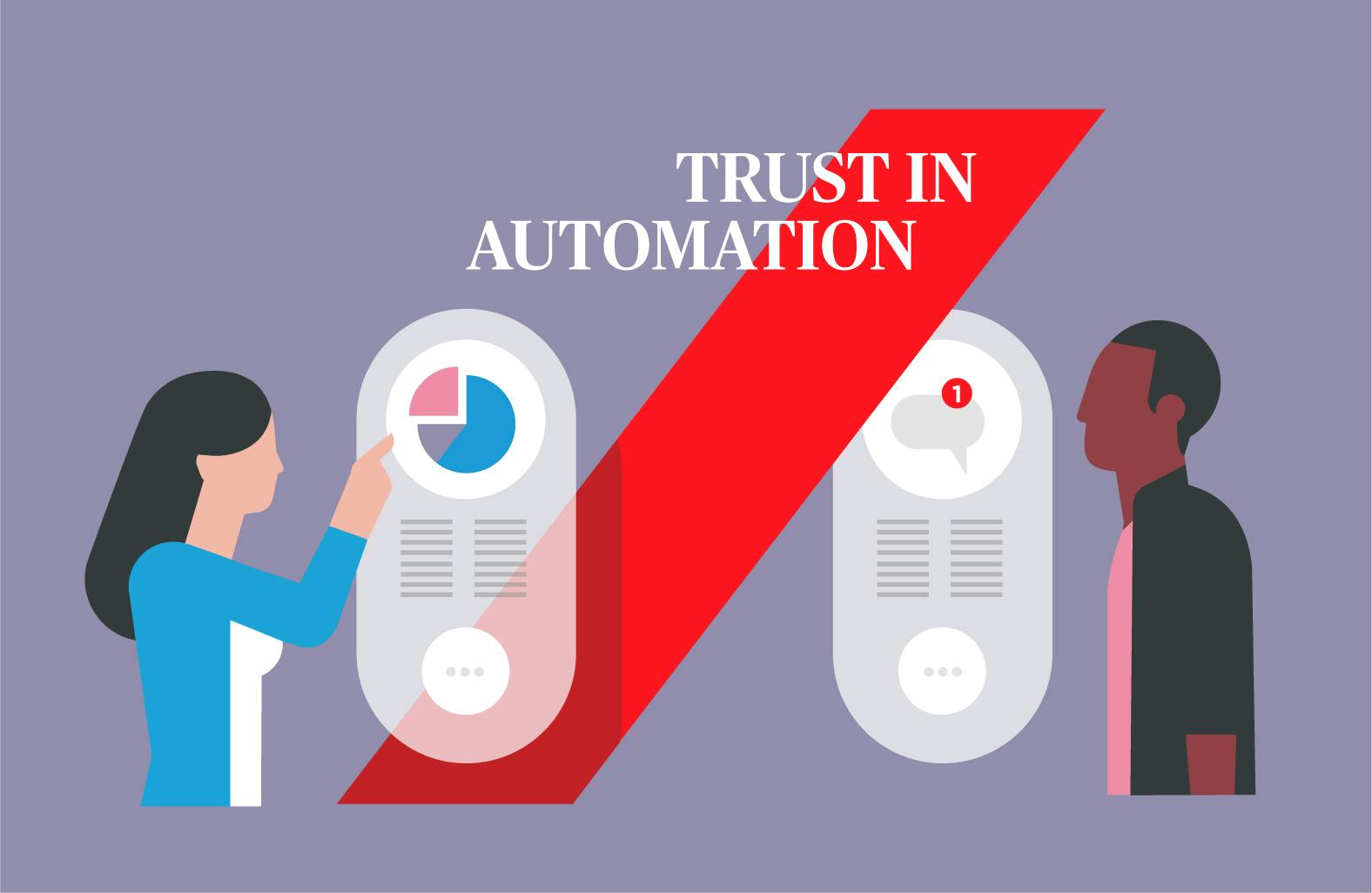
Interested in exploring opportunities at AXA / working with us? Click here
DATA
By 2020, more than 50% of the US workforce will be freelance.*
Globally, by 2025, online talent platforms responsible for traditional and gig economy
roles are expected to boost GDP by USD $2.7 trillion and increase global employment by 72 million.*
* source: The future of work is empowered, engaged, and everywhere by Josephine La Pietra.
The importance of Soft Skills:
In parallel of the tremendous possibilities that bring new technologies and data, some important soft skills, which cannot be replaced by automation or AI, have been identified. Emotional and social intelligence to future workers are, for example, seen as a crucial way to differentiate the human workforce from a more automated one in the future. PwC's Future of the workforce report underlines that there are no standards for emotions and the machines will not or may not be able to mimic the natural ability of basic instincts of human beings. For 73% of people, according to the same PwC report, technology will never replace the human mind.



